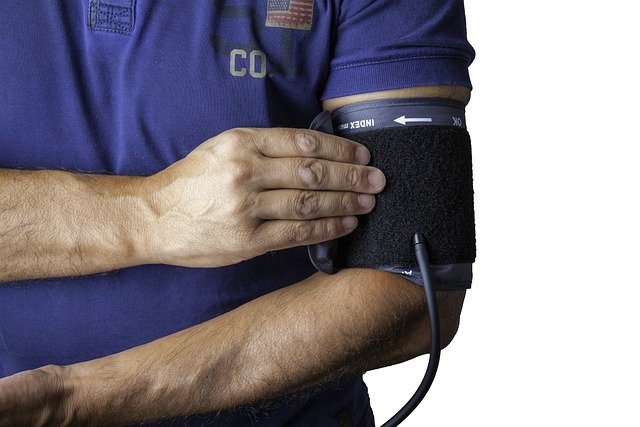High Blood Pressure: Understanding Its Impact on Your Heart, Lungs, and Blood Vessels
High blood pressure, also known as hypertension, is a common yet serious medical condition that affects millions of people worldwide. It occurs when the force of blood against the walls of your arteries is consistently too high. This increased pressure can have far-reaching effects on your body, particularly your heart, lungs, and blood vessels. Understanding the causes, symptoms, and management of high blood pressure is crucial for maintaining overall health and preventing potentially life-threatening complications.

Additionally, hypertension can damage the arteries supplying blood to the heart itself, potentially leading to coronary artery disease. This narrowing of the arteries can restrict blood flow to the heart muscle, causing chest pain (angina) or, in severe cases, a heart attack. Regular check-ups with your doctor and proper management of blood pressure are essential for maintaining heart health.
What impact does high blood pressure have on the lungs?
While the lungs are not directly affected by high blood pressure in the same way as the heart, they can still experience significant consequences. Hypertension can lead to a condition called pulmonary hypertension, where the blood pressure in the arteries of the lungs becomes elevated. This puts strain on the right side of the heart, which is responsible for pumping blood to the lungs.
Pulmonary hypertension can cause shortness of breath, fatigue, and chest pain, particularly during physical activity. In severe cases, it may lead to right-sided heart failure. Furthermore, high blood pressure can exacerbate existing lung conditions, such as chronic obstructive pulmonary disease (COPD) or sleep apnea. Regular monitoring by a healthcare professional is crucial for those with both hypertension and lung conditions.
How do blood vessels respond to high blood pressure?
Blood vessels bear the brunt of high blood pressure’s impact on the body. The constant force of elevated blood pressure can damage the inner lining of arteries, known as the endothelium. This damage makes the arteries more susceptible to the buildup of plaque, a process called atherosclerosis. As arteries narrow and harden, blood flow to various organs and tissues becomes restricted, potentially leading to serious health issues.
The damage to blood vessels can affect multiple areas of the body. In the brain, it increases the risk of stroke or vascular dementia. In the kidneys, it can lead to kidney disease or failure. Peripheral artery disease may develop, affecting circulation in the limbs. Regular blood pressure checks and appropriate treatment can help protect your blood vessels and prevent these complications.
When should you see a doctor about high blood pressure?
It’s important to have your blood pressure checked regularly, even if you feel healthy. High blood pressure often has no symptoms, earning it the nickname “the silent killer.” Adults should have their blood pressure checked at least once every two years, or more frequently if they have risk factors or a history of hypertension.
You should see a doctor immediately if you experience severe headaches, chest pain, shortness of breath, or vision problems, as these could be signs of dangerously high blood pressure. Additionally, if you consistently have readings above 130/80 mmHg, it’s crucial to consult with a healthcare professional. They can assess your overall health, identify any underlying causes, and develop an appropriate treatment plan.
What role do hospitals play in managing high blood pressure?
While most cases of high blood pressure can be managed through regular check-ups with a primary care physician, hospitals play a vital role in certain situations. Emergency departments are equipped to handle hypertensive crises, where blood pressure reaches dangerously high levels and requires immediate intervention. These situations can lead to life-threatening complications such as stroke, heart attack, or organ damage if not treated promptly.
Hospitals also provide specialized care for patients with complicated hypertension or those who have developed serious complications. Cardiologists, nephrologists, and other specialists may be involved in treating patients with advanced hypertensive heart disease, kidney problems, or other related conditions. Additionally, hospitals often offer educational programs and resources to help patients better manage their blood pressure and overall cardiovascular health.
High blood pressure is a serious condition that requires ongoing attention and management. By understanding its effects on your heart, lungs, and blood vessels, you can take proactive steps to maintain your health. Regular check-ups, lifestyle modifications, and adherence to prescribed treatments are key to keeping your blood pressure under control and preventing complications. Remember, your healthcare team is there to support you in managing this condition effectively.
This article is for informational purposes only and should not be considered medical advice. Please consult a qualified healthcare professional for personalized guidance and treatment.




